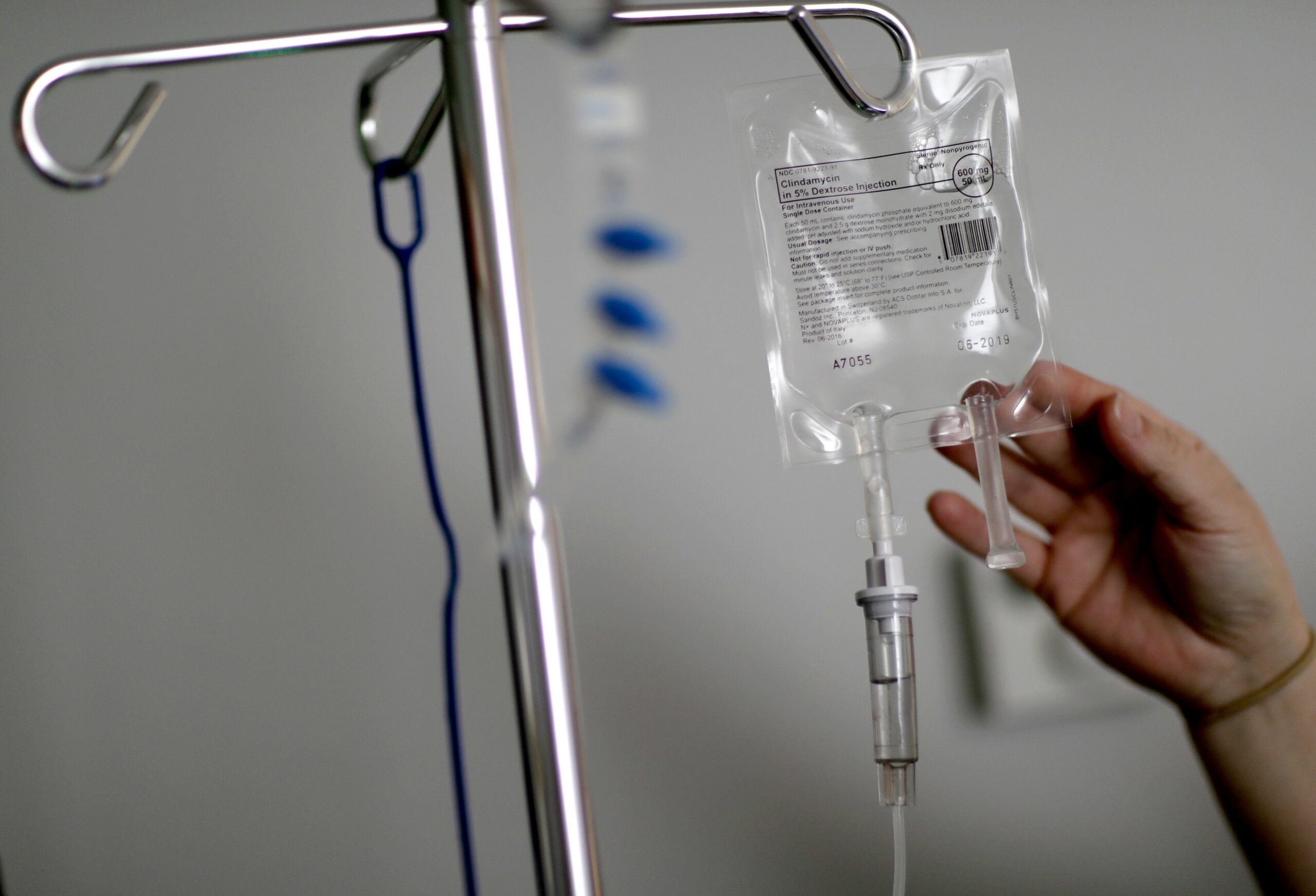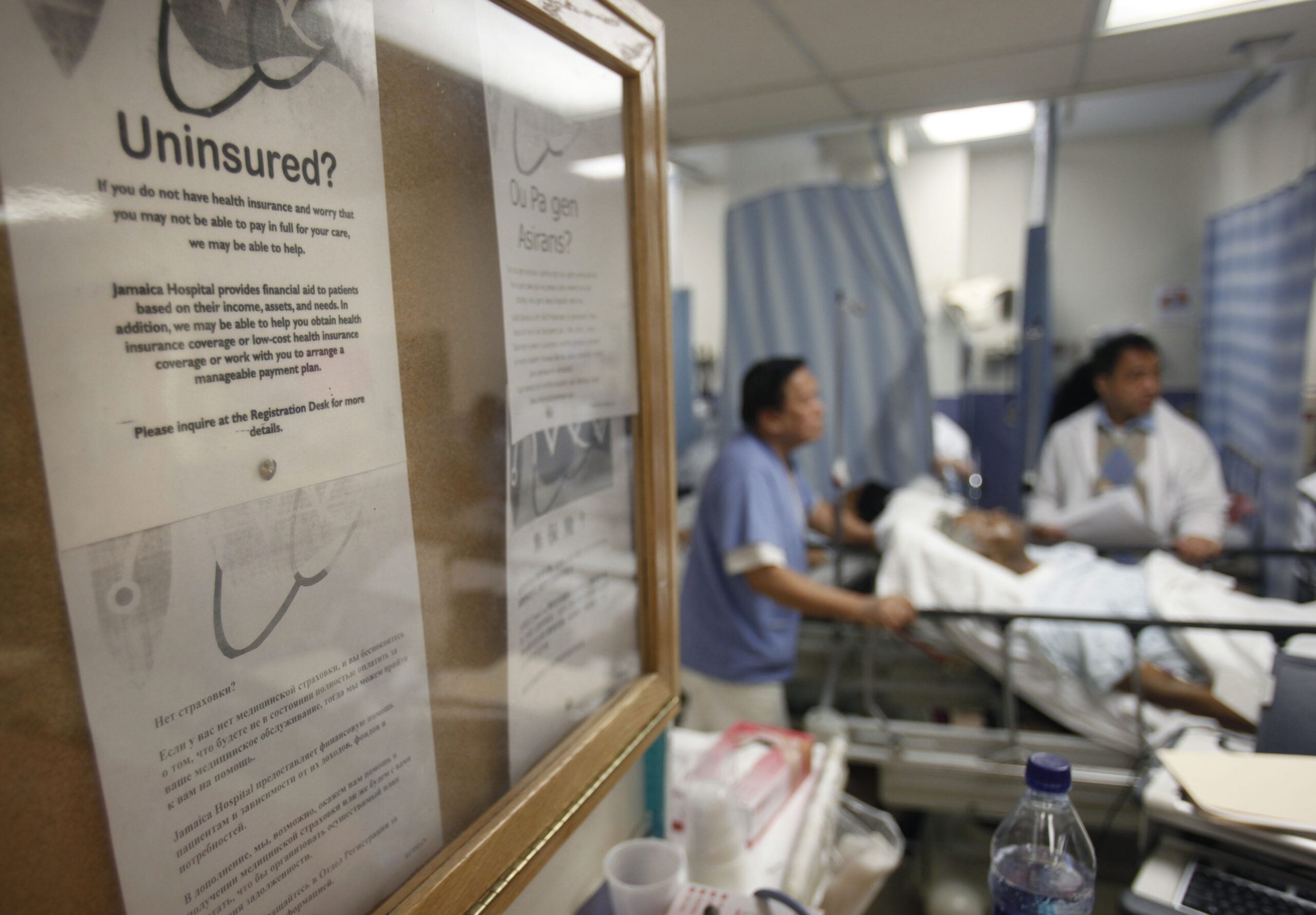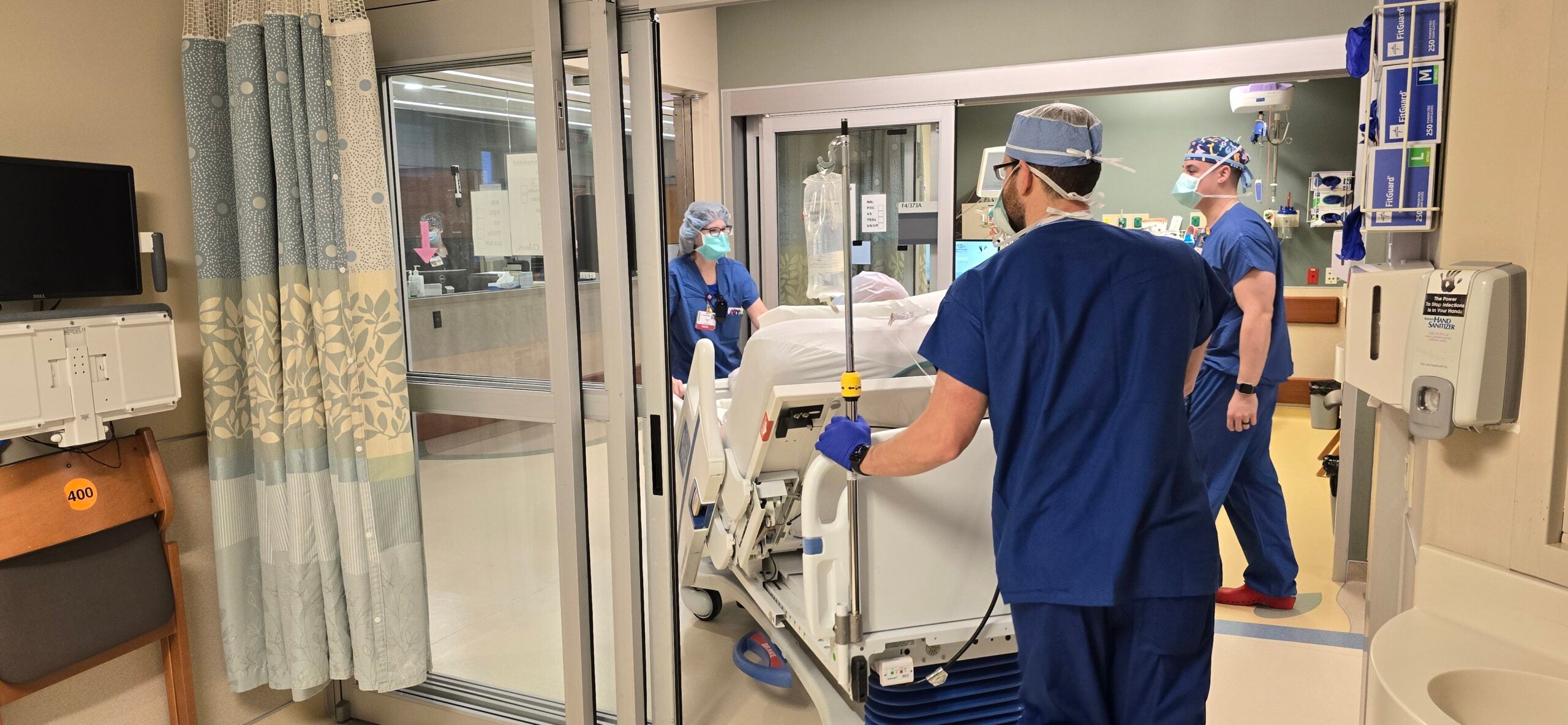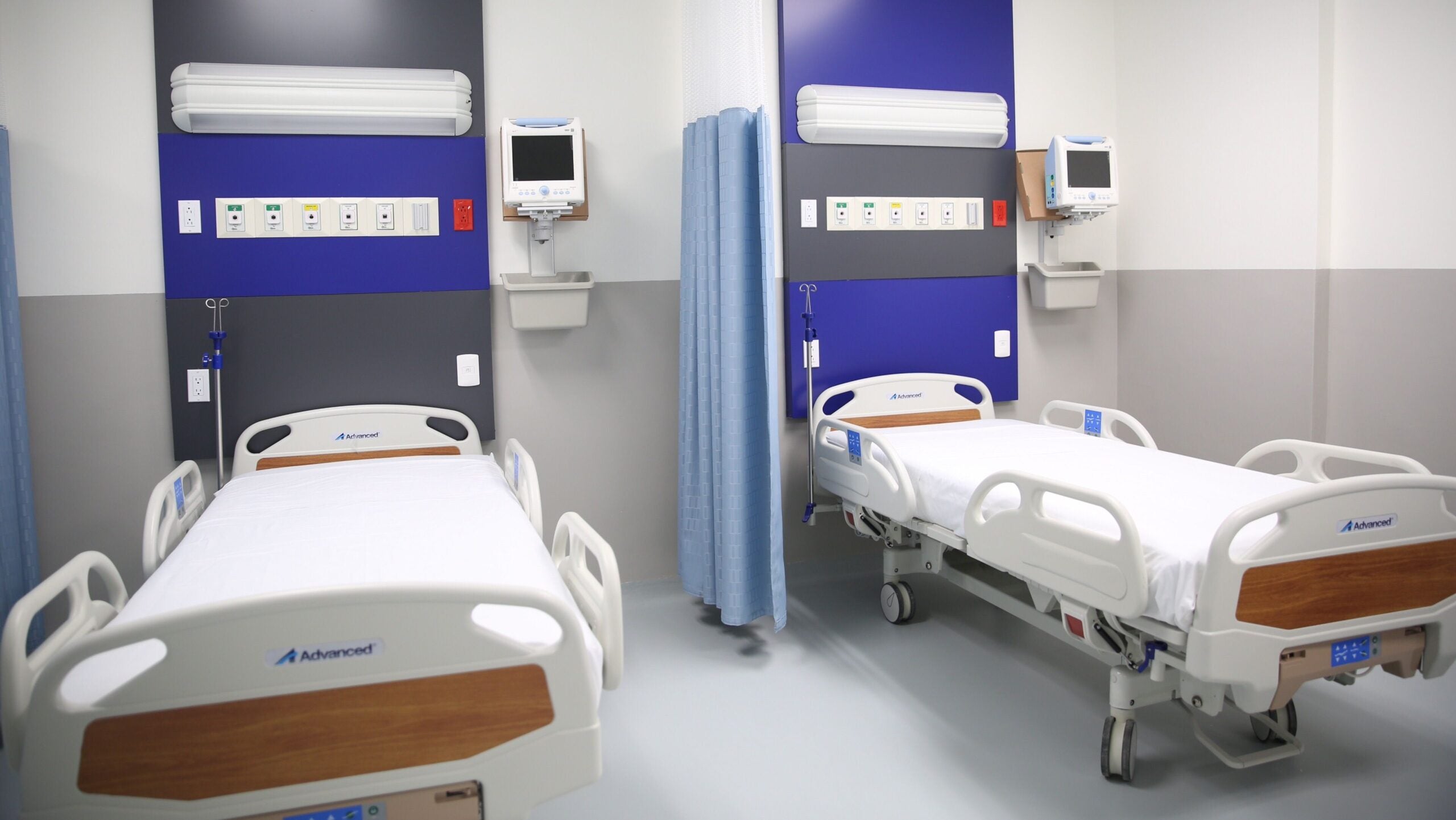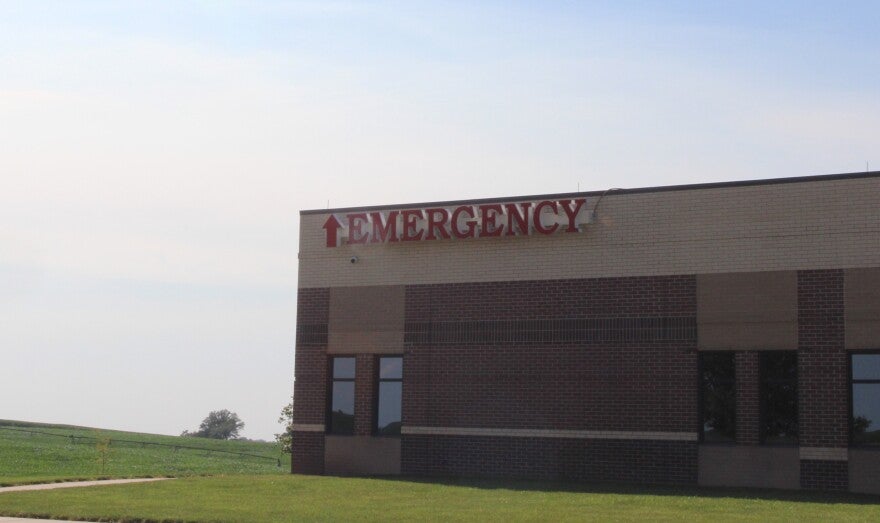Nearly all Wisconsin’s counties have cases of COVID-19, but so far, the greatest impact has been in urban areas.
Southeast Wisconsin not only has the greatest number of people testing positive for the new coronavirus, it has the highest number of deaths. As of Tuesday afternoon, the state had 92 total fatalities from the respiratory disease, with Milwaukee County reporting 49 of those.
The state’s rural counties haven’t had nearly as many cases. That’s due in part to limited testing statewide for the virus.
News with a little more humanity
WPR’s “Wisconsin Today” newsletter keeps you connected to the state you love without feeling overwhelmed. No paywall. No agenda. No corporate filter.
“We do know that rural areas will not be spared,” said Susan Turney, CEO of Marshfield Clinic Health System, during a Wisconsin Health News video chat Tuesday. “And as we increase the number of patients and our capacity gets tested in our facilities, we’re hoping that we have the capability at that time to do (more widespread) testing.”
Marshfield Clinic is part of a partnership between private companies and public labs designed to increase COVID-19 testing in the state. Testing was initially limited to the Wisconsin State Lab of Hygiene and the Milwaukee Public Health Lab. Now, Exact Sciences, Marshfield Clinic, Promega and UW Health have come on board.
The two public labs have been analyzing between 1,500 to 2,000 COVID-19 tests per day. The expanded capacity from the state’s new public-private partnership is expected to double that capacity initially and continue to expand as additional platforms and supplies become available, according to a press release from Gov. Tony Evers’ office.
Differences in rural and urban health care are nothing new, but the pandemic is stretching already thin margins for hospitals in sparsely populated areas.
“Rural health care was in crisis before this pandemic occurred,” said Turney.
Across the United States, 128 rural hospitals have closed since 2010.
Rural hospitals in the U.S. aren’t only bringing in less money because scared patients are making fewer doctor visits, but hospitals are also paying more for personal protective equipment like masks and other gear in short supply, reported NPR.
Turney said half the rural hospitals across the country were having financial difficulties before the pandemic. And now, they’re losing money from elective surgeries that were postponed for safety reasons and to free up space for a possible surge of COVID-19 patients.
Non-essential surgeries have been postponed at hospitals across Wisconsin. On Tuesday, Madison’s three hospitals announced that the postponement of elective procedures would continue through April 24 — the length of the Evers administration’s safer-at-home order.
SSM Health, UW Health and UnityPoint Health – Meriter said in a release that “the decision was not taken lightly but remains necessary” to preserve beds for coronavirus patients and reduce COVID-19 infections.
Wisconsin Public Radio, © Copyright 2026, Board of Regents of the University of Wisconsin System and Wisconsin Educational Communications Board.
